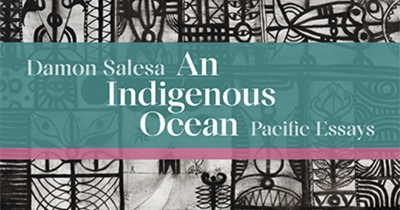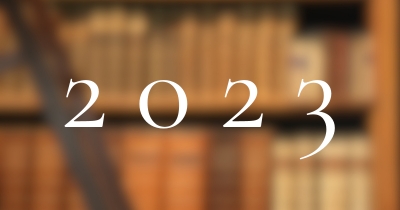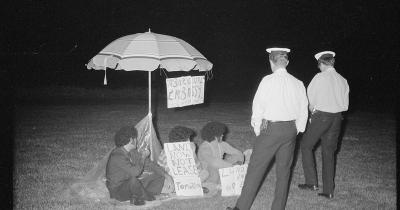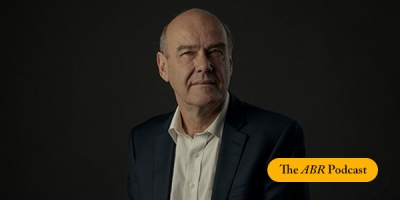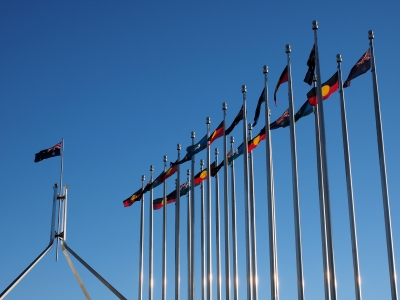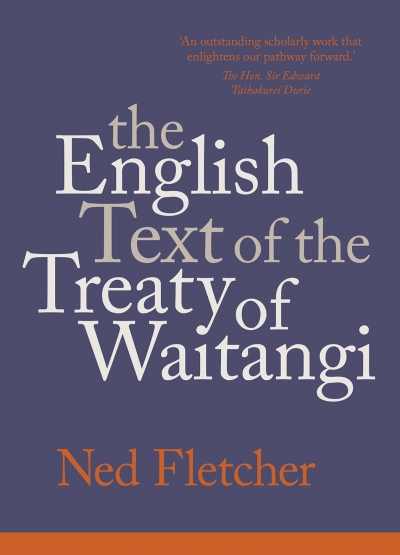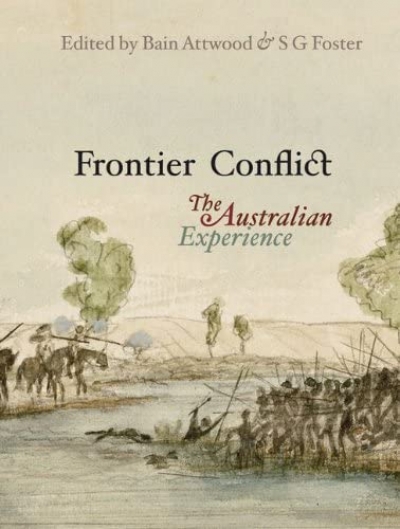Accessibility Tools
- Content scaling 100%
- Font size 100%
- Line height 100%
- Letter spacing 100%
Bain Attwood
The ABR Podcast
Released every Thursday, the ABR podcast features our finest reviews, poetry, fiction, interviews, and commentary.
Subscribe via iTunes, Stitcher, Google, or Spotify, or search for ‘The ABR Podcast’ on your favourite podcast app.
The red thread: Xi Jinping’s ideology of power
by Neil Thomas
This week on The ABR Podcast, Neil Thomas reviews On Xi Jinping: How Xi’s Marxist Nationalism is shaping China and the world by Kevin Rudd. Thomas explains that even China watchers find it hard to be clear on the thoughts and plans of the leader of the Chinese Communist Party. They disagree, he tells us, on basic, critical questions, such as for how long Xi will rule. ‘Enter Kevin Rudd’, Thomas writes. ‘In his latest book, former prime minister Kevin Rudd adds a worthy new chapter to his life of public service, digesting thousands of pages of “Xi Jinping Thought” so that you do not have to’. Neil Thomas is a Fellow on Chinese Politics at Asia Society Policy Institute’s Center for China Analysis in Washington DC. Here is Neil Thomas with 'The red thread: Xi Jinping's ideology of power' by Neil Thomas, published in the December issue of ABR.
Recent episodes:
W.E.H. Stanner’s coinage ‘the great Australian silence’ must be one of the best known in Australia’s modern history. It must also rank alongside Donald Horne’s ‘the lucky country’ as one of the least understood.
There is nothing remarkable about this phenomenon. The way a text is received by readers and listeners is seldom in keeping with its creator’s purpose or intention. This is so for several reasons. Most importantly perhaps, any text is open to being read in multiple ways, and in the case of canonical texts like Stanner’s that reception is usually fundamental to its impact.
... (read more)What the authors of these three wildly different books share is a gift for creating through language a kind of intimacy of presence, as though they were in the room with you. Emily Wilson’s much-awaited translation of The Iliad (W.W. Norton & Company) is a gorgeous, hefty hardback with substantial authorial commentary that manages to be both scholarly and engaging. The poem is translated into effortless-looking blank verse that reads like music. The Running Grave (Sphere) by Robert Galbraith (aka J.K. Rowling), the seventh novel in the Cormoran Strike crime series and one of the best so far, features Rowling’s gift for the creation of memorable characters and a cracking plot about a toxic religious cult. Charlotte Wood’s Stone Yard Devotional (Allen & Unwin, reviewed in this issue of ABR) lingers in the reader’s mind, with the haunting grammar of its title, the restrained artistry of its structure, and the elusive way that it explores modes of memory, grief, and regret.
... (read more)The defeat of the proposal in the recent Aboriginal constitutional referendum was unsurprising given the forces at work, which I discussed in ‘A Referendum in Trouble’ (ABR, July 2023). Most importantly, it lacked the support of the Liberal and National parties once their leaders decided to oppose it, largely for partisan purposes.
... (read more)'A Bloody Difficult Subject': Ruth Ross, te Tiriti o Waitangi and the making of history by Bain Attwood
Clare Wright’s letter in response to Bain Attwood (ABR, August 2023) should profoundly disturb and unsettle anyone in this country concerned about the survival of active, rigorous, and engaged historical scholarship.
... (read more)This episode of the ABR Podcast looks at the history behind this year’s referendum on an Indigenous Voice to parliament and Indigenous constitutional recognition. Bain Attwood, Professor of History at Monash University, considers the 1967 referendum on Aboriginal rights, and how that ‘yes’ campaign differed from today’s. Listen to Bain Attwood with ‘A referendum in trouble: Race, rights, and history talk in 1967 and 2023’, published in the July issue of ABR
... (read more)On 27 May 1967, a proposal to change two clauses of the Australian Constitution won the approval of 90.77 per cent of those who voted, the highest ever achieved in an Australian referendum. In the forthcoming referendum, according to various opinion polls, the best the advocates for a ‘yes’ vote can hope to achieve is a bare majority. How can this difference be explained? Several factors appear to be at work. They range from the simple, which are acknowledged, to the complex, which don’t seem to be known.
... (read more)


